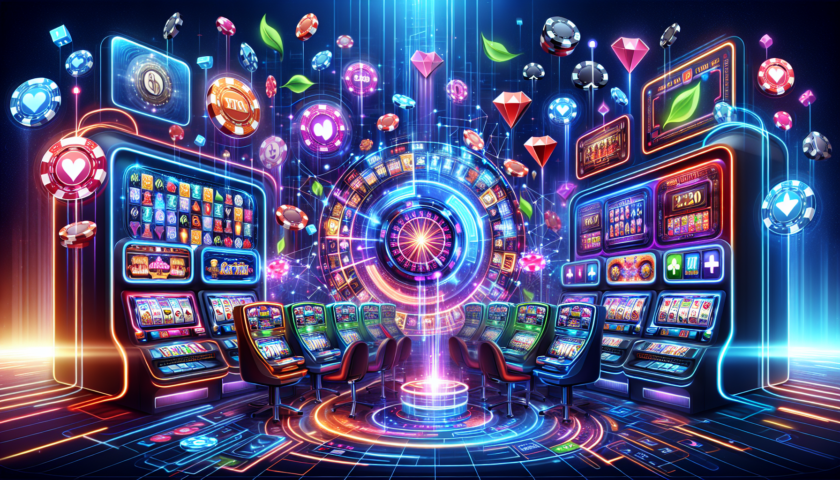In the last two decades, the landscape of entertainment has transformed dramatically, with online gaming platforms at the forefront of this revolution. These platforms have not only redefined how we play games but have also created vibrant communities, fostered social interaction, and even opened new avenues for competition and career opportunities. This article explores the evolution, features, and impact of online gaming METEOR 189, shedding light on why they have become a dominant force in the entertainment industry.
The Evolution of Online Gaming
Online gaming has its roots in the late 1970s and early 1980s, with simple text-based games played over bulletin board systems (BBS). However, it was the advent of the internet in the 1990s that marked a significant turning point. As internet speeds increased, so did the complexity and scope of games. Platforms like MUD (Multi-User Dungeon) allowed players to engage in interactive storytelling, while the launch of the first MMORPG, Meridian 59, in 1996 set the stage for a new genre of gaming.
The early 2000s saw the rise of major online gaming platforms such as Xbox Live and PlayStation Network, enabling console gamers to connect and compete with one another. The introduction of free-to-play models, particularly in the late 2000s, further propelled the growth of online gaming, allowing millions of players to access games without upfront costs. Today, platforms like Steam, Epic Games Store, and mobile app stores dominate the market, offering a vast array of titles across genres.
Features of Online Gaming Platforms
Modern online gaming platforms boast a variety of features that enhance the gaming experience:
- Accessibility and Variety: Players can access thousands of games across various genres, from action and adventure to puzzle and simulation. These platforms also support cross-play, enabling gamers on different devices to play together.
- Social Interaction: Online gaming platforms facilitate social connections through multiplayer modes, voice and text chat, and integrated social features. Players can form teams, join clans, or simply connect with friends to share their gaming experiences.
- Streaming and Content Creation: Platforms like Twitch and YouTube Gaming allow gamers to stream their gameplay live or upload videos, creating a new form of entertainment. This has led to the rise of content creators who build large followings and monetize their passion.
- Competitive Gaming: Online gaming platforms have paved the way for esports, a billion-dollar industry where players compete at the highest levels for cash prizes and recognition. Tournaments and leagues are hosted regularly, drawing in massive audiences and sponsorships.
- Community Engagement: Many platforms feature community hubs where players can discuss strategies, share fan art, or participate in events. This fosters a sense of belonging and encourages user-generated content, enhancing the overall gaming culture.
Impact on Society
The influence of online gaming platforms extends beyond mere entertainment. They have significant cultural, educational, and economic impacts:
- Cultural Exchange: Online gaming transcends geographical boundaries, connecting players from diverse backgrounds. This exchange fosters understanding and collaboration, as players share their cultures through games.
- Skill Development: Many games require critical thinking, problem-solving, and teamwork, offering players a chance to develop valuable skills. Educational games and platforms have also emerged, making learning engaging and interactive.
- Economic Opportunities: The gaming industry has become a significant economic force, generating billions in revenue and creating jobs in game development, marketing, streaming, and event management. Online gaming platforms provide avenues for entrepreneurs to build careers as content creators and esports professionals.
- Mental Health and Well-being: While there are concerns about gaming addiction, many players find solace in online games, using them as a form of escape and social connection. Platforms provide a safe space for individuals to bond over shared interests and build friendships.
The Future of Online Gaming Platforms
As technology continues to advance, the future of online gaming platforms looks promising. Innovations such as virtual reality (VR) and augmented reality (AR) are set to enhance immersion, while cloud gaming services like Google Stadia and NVIDIA GeForce Now are making high-quality gaming more accessible than ever.
